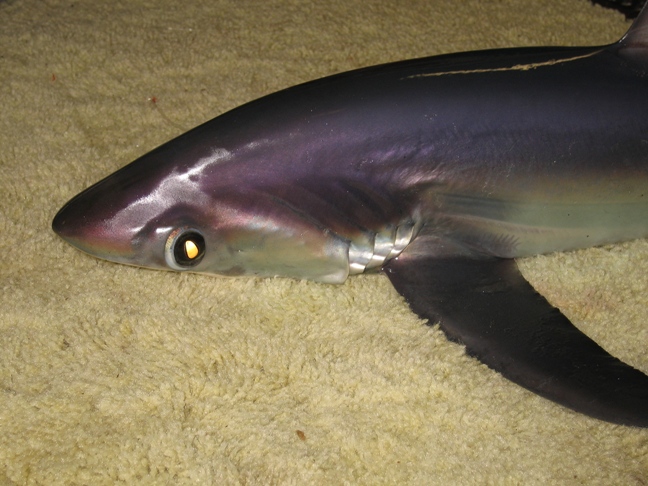The members of the Committee on Fisheries gave their consent to new rules to allow vessels from Seychelles to fish in the waters of Mayotte beyond 24 nautical miles from its coasts.
The conditions of this access agreement are in line with those of the sustainable fisheries partnership agreement and its implementing protocol, signed by the EU and the Republic of Seychelles in 2020.
This fisheries access agreement to Mayotte covers a period of six years from March 2023 onwards. Mayotte is an archipelago in the Indian Ocean and a French overseas department, which has had the status of EU Outermost Region since 2014.
This fisheries access agreement envisages strengthening the strategic partnership with Seychelles, while ensuring coherence and reciprocity between the EU and Seychelles for sustainable fisheries in the Indian Ocean. Another purpose is to contribute to the development of the fisheries policy in Mayotte and the outermost regions in general, that face challenges due to their remoteness.
The agreement mentions electronic exchanges of data, measures to monitor and control fisheries and for preventing illegal, unreported and unregulated fishing. It also aims to guarantee the protection of species, such as pelagic sharks.
Under this agreement, eight purse seiners from Seychelles will fish migratory species in the Union waters of Mayotte, based on the best available scientific advice and according to the recommendations of the regional fisheries organisation Indian Ocean Tuna Commission (IOTC). For that, Mayotte’s vessels will pay 135 euro per tonne of tuna caught (with an advanced payment by vessel of 13500 euros for the first 100 tonnes).
The consent to the conclusion of the agreement on access for Seychelles fishing vessels was given by 15 votes in favour to six against and no abstentions.
The full house will vote on this file in the next plenary on 26-29 February.

